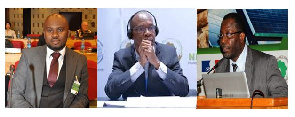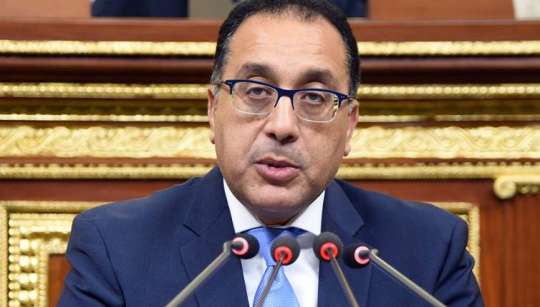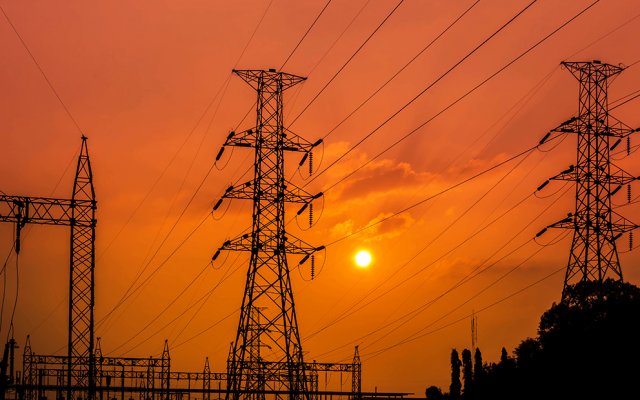3 Ghanaians appointed by the UN constituted IPCC

The United Nation’s constituted Intergovernmental Panel on Climate Change (IPCC) has appointed three Ghanaians to the Working Group III, in its contribution to the IPCC’s Sixth Assessment Report (AR6) from 2018-2021.
They are: Dr Adolf Acquaye of the University of Kent, UK; Dr Joseph Kow Essandoh-Yeddu of the Energy Commission, Ghana and Lawrence Agbemabiese of University of Delaware, USA. The IPCC’s Working Group III would begin meeting from 1 April 2019 in Edinburgh, Scotland until the AR6 is published in July 2021. The First Lead Authors Meeting in Edinburgh is being hosted by the Scottish Government.
Dr Acquaye and Dr Agbemabiese would respectively work as Lead Authors for the “Industry Chapter” and “Innovation, Technology Development and Transfer Chapter” of the AR6 while Dr Essandoh-Yeddu would work as a Review Editor for the “Energy Systems Chapter”. In total, the three Ghanaians were selected among 229 scientist, academics and professionals globally for the IPCC’s Working Group III.
The work of the IPCC Working Group III is intended to assess the costs and benefits of different approaches to climate change mitigation and consider the available instruments and policy measures to drive and deliver these approaches. It assesses mitigation options at different levels of governance and in different economic sectors. It also covers the societal implications of different mitigation policies across economic sectors.
Professor Priyadarshi Shukla, Co-Chair of Working Group III from India said that, the Six Assessment Report of the IPCC, “will provide governments with scientific information to underpin responses to climate change in the context of sustainable development”.
Professor Jim Skea, a Co-Chair of Working Group III from the UK added that, “Our ambition is to equip governments with the information they need to act now, keeping in mind the goals of the Paris Agreement and national ambitions to achieve net zero emissions”.
IPCC Working Group III will release their contributions to the Sixth Assessment Report in 2021.
Source: Intergovernmental Panel on Climate Change





